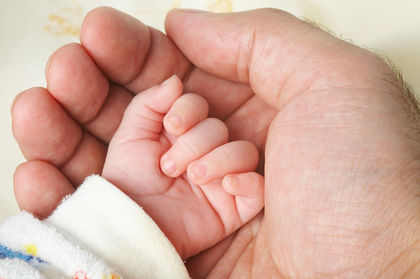Thursday, February 20, 2014
The Rights of Children: Biology Matters
Now that many children conceived with the help of donor sperm or eggs have reached adulthood, many of these donor-conceived adults have claimed a right to know their biological parents. This phenomenon has led a number of European countries to outlaw gamete donation. Even in places where anonymous donation remains legal, such as the United States, there is a growing trend toward the use of non-anonymous donors. This shift away from the use of anonymous gamete donors parallels the shift toward greater openness in adoption, and it marks an increasing recognition that knowledge of one’s biological origins and contact with one’s biological parents when possible are important for human well-being.
This recognition points to a more fundamental critique of donor conception. Indeed, the basic premise of arguments against anonymous gamete donation—the recognition that children have a fundamental interest in knowing their biological parents—implies that conceiving children with donor gametes is always morally problematic, even when the donor is not anonymous, because it always involves conceiving children with the intention of depriving them of a parental relationship with (at least) one of their progenitors. Thus, it is different from the usual case of adoption, in which a child already exists; putting a child up for adoption is an attempt to give that child the best possible care in non-ideal circumstances. (more...)
Subscribe to:
Post Comments (Atom)

No comments:
Post a Comment